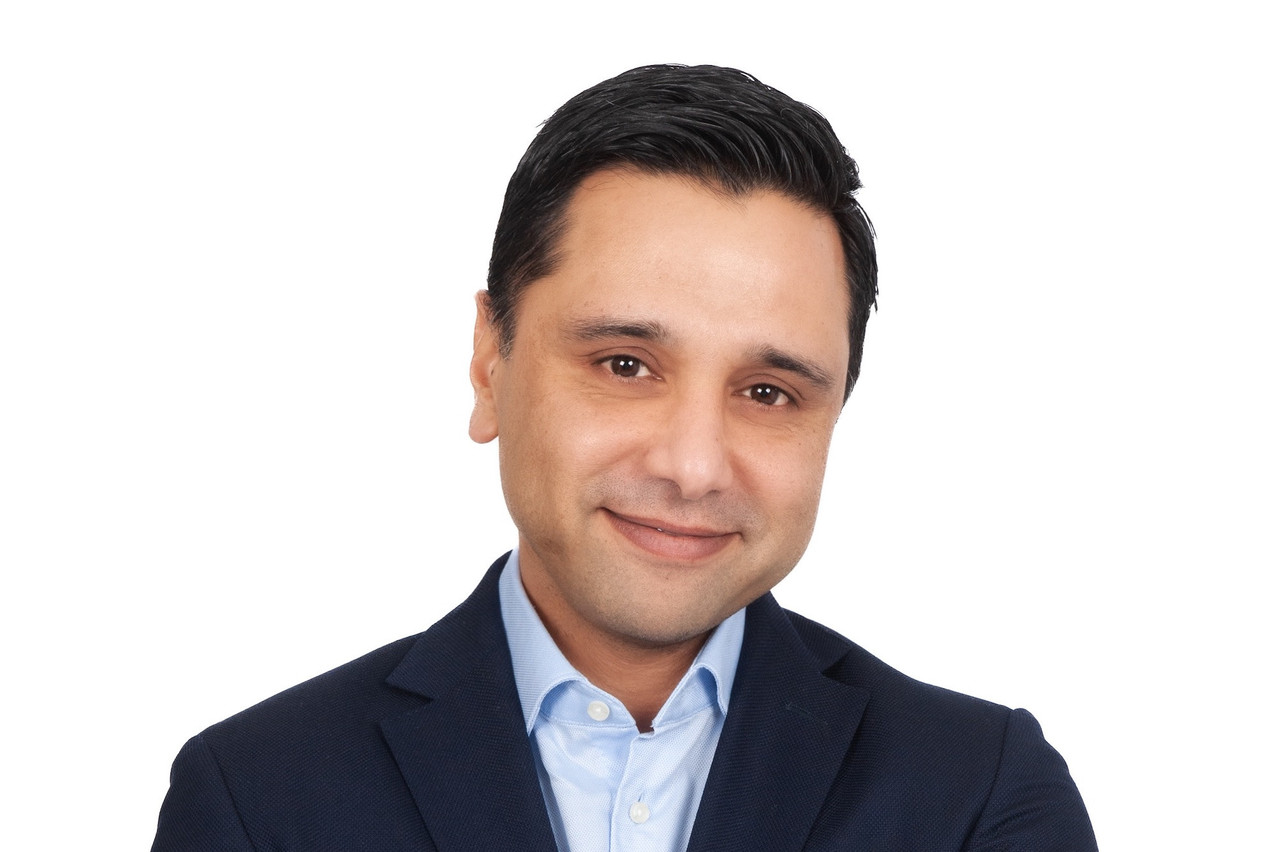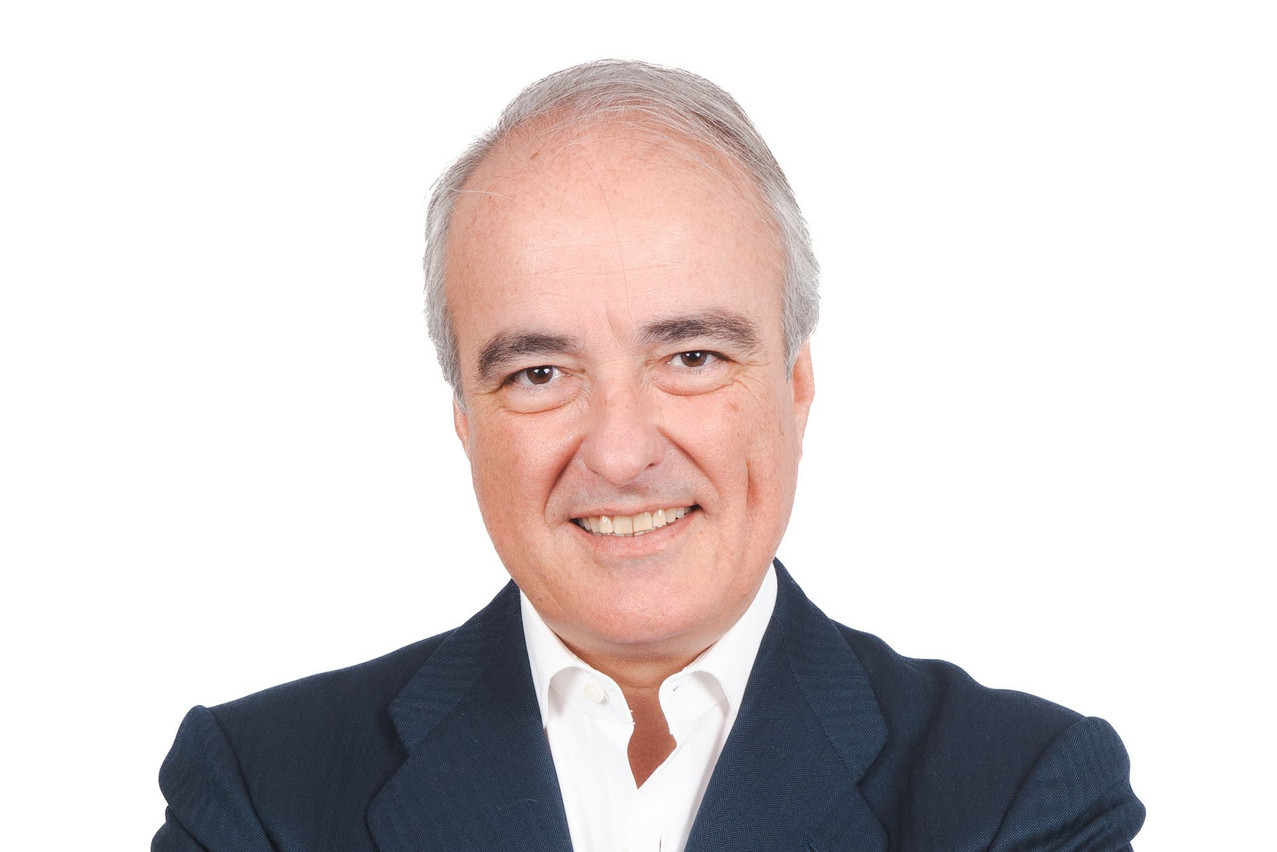Historically, qualified private investors were underrepresented in private markets. High entry requirements and unwieldy investment fees have proven to be significant impediments. The comparatively small investments they can provide, starting at around €125,000 on average, are sometimes deemed more trouble than they’re worth by GPs, given the time and administrative overhead associated with raising capital at scale.
For many years, some of the most skilled alternative asset managers, like Blackstone, KKR and Hamilton Lane, served the world’s largest institutional investors: pension funds, endowments and foundations, collectively managing hundreds of billions of dollars. For decades, that sector was so profitable, with clients directing vast portions of their portfolios to alternative investments and private equity, that the more retail-facing private wealth advisor market remained off their radar.
However, many managers now see retail advisors as a more sophisticated distribution channel. They have placed big bets in the market, forming private wealth divisions with a staff committed to distributing to advisers across all channels and developing products that are more readily accessible to individual investors. One of the reasons for the move is to capitalise on the increase in private wealth. Based on a PricewaterhouseCoopers report, the market for mass affluent and high-net-worth investors accounted for around $177trn in assets in 2020 and is expected to grow to $222trn by 2025. Compared to approximately $63trn in institutional assets under management in 2020, this is estimated to climb to roughly $78trn by 2025.
According to a CoreData poll, several institutions have fully committed to alternatives, with an average of 26% of their portfolios committed. According to UBS, some endowments have allocations as high as 60%. Meanwhile, retail (qualified investors) allocations remain in the single digits but are expanding quickly. Asset managers recognise the market opportunity and are creating products and structures that allow their funds and strategies to be more efficiently delivered into the wealth management space through feeder fund platforms.
With minimums as low as €50.000, a feeder fund aggregates investor financial commitments and “feeds” such funds into a master fund managed by an institutional asset manager. The money is overseen and allocated by the master fund.
“As the minimum investment required to access these top-quartile private equity funds is so high, a feeder solution enables qualified private investors to not only access these funds easily through a platform, but also invest in funds that are typically reserved for institutional investors or are difficult to access directly,” said Manuel San Salvador, founder and managing partner of Antwort Capital, the Luxembourg-based feeder fund platform which provides qualified private investors access to top-tier private market funds through their feeder structure.
“At Antwort, we carefully select private market funds through a rigorous due diligence process conducted by the investment selection committee, and we select some of the best top quartile mid-cap funds managed by managers such as SwanCap, for example. Our platform aims to offers a diverse selection of private market funds, ranging from private equity to real estate. We have an extensive network composed of distributors and direct private qualified investors who invest in our different feeder funds.
“We have also developed a solution for private banks to distribute our funds to their private banking clients. Having been the CEO of several private banks, I know the cumbersome process and cost of setting up a feeder fund for a bank, and our platform provides them with the ideal solution that can be integrated quite swiftly. Our feeders can be set up quickly and the bank is liberated from the internal business requirement to achieving the minimum scale. It’s straightforward: Low returns in the public markets are compelling private investors to seek financial gains in the private market," stated San Salvador.

Shanu Sherwani, a private equity analyst and guest contributor to Delano. Courtesy photo
Private wealth already accounts for 10% to 20% of new capital raised yearly by KKR, for example, and the firm expects that figure to grow to 30% to 50% over the next several years. Feeder platforms such as Antwort, ICapital and Moonfare allow a private market manager to establish a feeder fund and generate significant funds from many qualified private investors. Then that feeder fund becomes the fund’s sole limited partner. Additionally, the platform is responsible for servicing those underlying feeder fund investors. Thus, some of that structural shift has resulted in people realising that accessing the high-net-worth market is not as difficult as it may have been earlier.
Firms and private advisers must ensure that their private wealth clients understand that private equity is an inherently risky asset class. Private wealth, if adequately accessed, can be a rapidly growing and potentially lucrative source of finance for private equity funds looking to lessen their reliance on overallocated institutions. In brief, the democratisation of access to private equity will enable you to construct a well-diversified portfolio, help you sleep well at night, and always give you something to be excited about, even in times of economic turmoil.
is a private equity analyst. He advises several top quartile private equity and real estate funds in Luxembourg.
